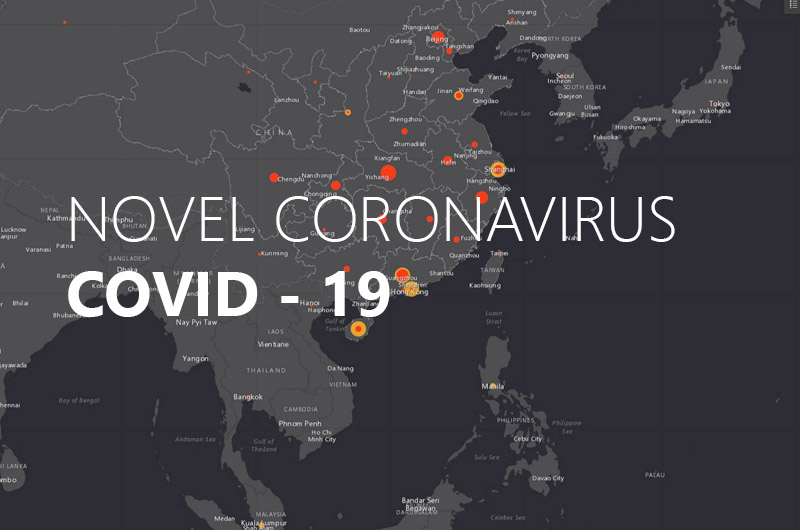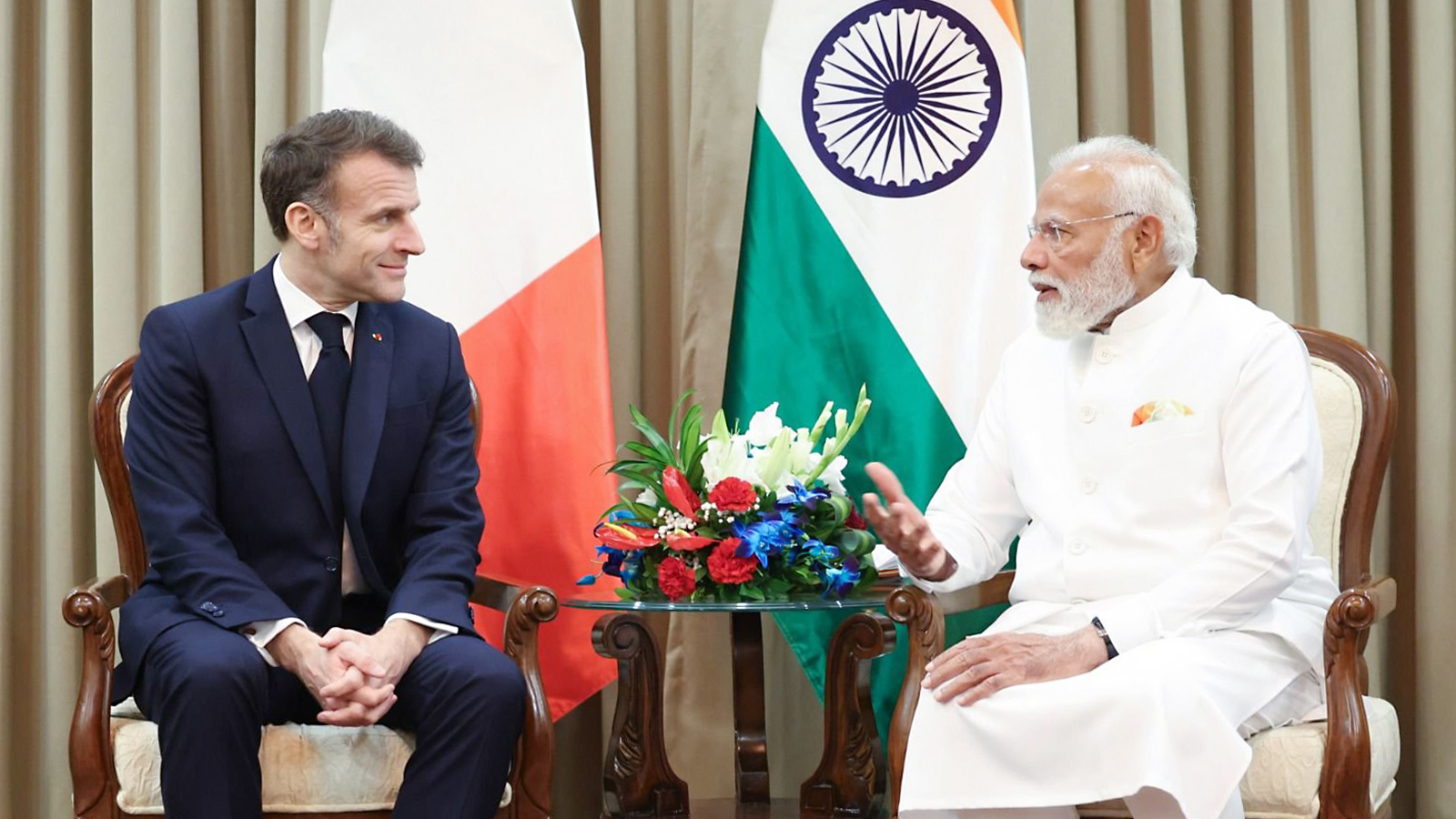WHO announced the name on February 11, saying it was careful to find a name without stigma.
The disease caused by the new coronavirus that has infected more than 42,000 people in China has been assigned an official name: COVID-19. It stands for the coronavirus disease that was discovered in 2019. The World Health Organization (WHO) announced the name on Tuesday, February 11, saying it was careful to find a name without stigma.
“We had to find a name that did not refer to a geographical location, an animal, or an individual or group of people,” WHO Director-General Tedros Adhanom Ghebreyesus, said. “Naming an illness is not as easy or as straightforward as it might appear. The original name was nCoV-2019, which stood for novel coronavirus, discovered in 2019. It’s like naming a child “son born in 2019.” He added.
There are many different kinds of coronaviruses. Some cause mild illnesses, such as the common cold while others cause deadly respiratory diseases, as has been illustrated by COVID-19. By February 11, COVID-19 had claimed the lives of more than 1,000 people, most of them in China.
The name of a deadly disease has the potential to have an immense impact on a country or a community politically, economically and socially. For example, MERS stands for Middle East Respiratory Syndrome. It was named so because the deadly virus was first reported in Saudi Arabia in 2012. But the name itself appears to suggest that there’s something about the Middle East in general that can cause the disease, which is misleading and untrue.
Similarly, the swine flu pandemic of 2009 was later renamed H1N1 in reference to the particular strain of influenza. The Centers for Disease Control and Prevention said lab tests originally showed the virus was similar to influenza viruses known to circulate in pigs. But even though there was no evidence of the fact that the flu was spread through eating pork, the name itself was a disaster for pork farmers, who suffered from a decline in sales over unnecessary fears.
WHO has therefore developed certain guidelines for naming emerging diseases. The monikers should never include proper names of the people who first identified the pathogens, animals associated with the illness, or places where they were discovered.
According to WHO, the Spanish flu, Creutzfeldt-Jakob disease and monkey pox are some other improperly named diseases that can lead to misinformation about the diseases.









